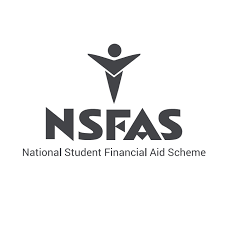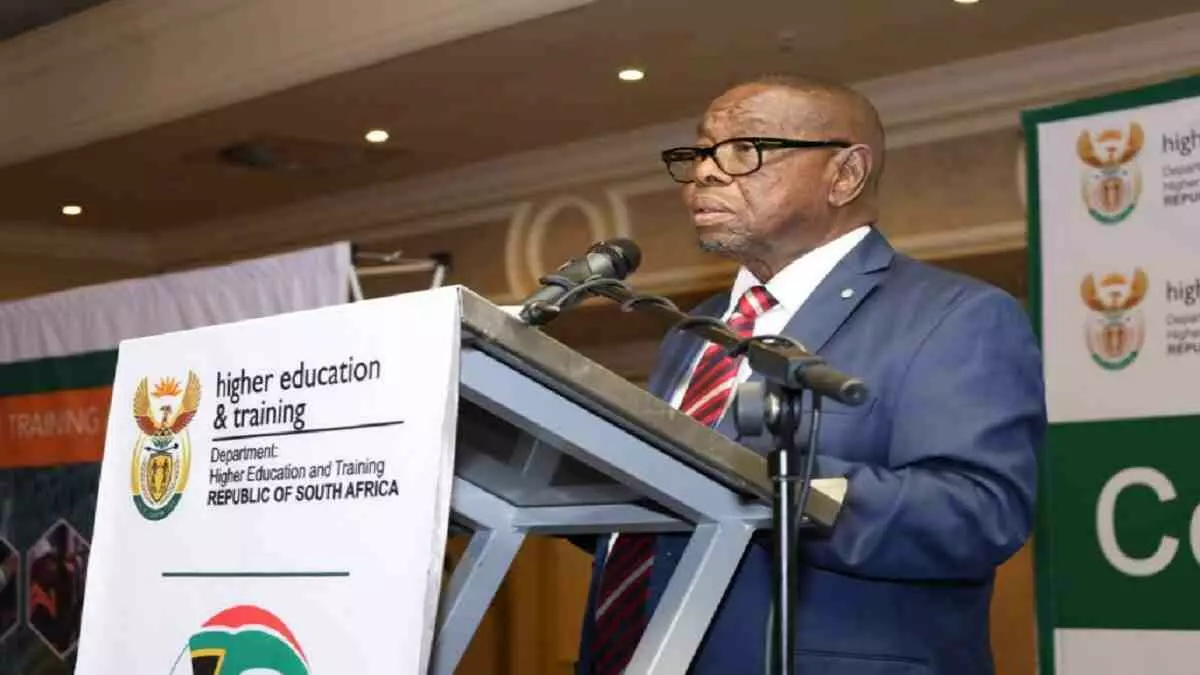Over the past few years, the demand for student housing in institutions of higher learning has increased. This high demand, as well as its challenges have led to all eyes being on the government for a way forward.
The National Student Financial Aid Scheme (Nsfas) board and management conducted site visits to public universities and colleges across the country to witness the issues that students are facing when it comes to student accommodation.
At a Nsfas-funded student accommodation site, it was picked up that a more thorough and hands-on approach with the scheme as the driver is required.
The following key challenges were identified in both private and institution-owned accommodation:
- There are insufficient beds to accommodate students, and some institutions do not have their own accommodation. There are instances where the state of both private and institution-owned accommodation is not conducive for student accommodation and learning.
- There is no uniformity in the cost structure of university-owned accommodation, and Private Accommodation Providers (PAPs) were not properly regulated.
- There are instances where allowances paid by NSFAS for student accommodation are used for purposes other than what is intended and authorised.
- The PAPs accreditation process is conducted by institutions and is fraught with inconsistencies; it is susceptible to fraud and corruption, while other institutions do not have the capacity for this accreditation process.
Throughout the years, the issue of student accommodation for Nsfas-funded students has been the cause of a long-standing argument throughout the years.
This emanates from a number of challenges affecting these students and accommodation providers.
Striking a balance between a conducive living environment for the students and what accommodation providers bring to the table has continued to be a challenge for Nsfas.
“There are instances where students exceed their funding years without completing their qualifications, citing circumstances such as living conditions as reasons for failure, and these are some of the unfortunate situations we are trying to manage,” said government bursary scheme’s CEO, Andile Nongogo.
Nsfas has recognised the contribution made by accommodation small providers (also known as backrooms) particularly in rural campuses and township campuses and the bursary scheme has since made known its intention of making sure that all accommodation meets the minimum standards.
Nsfas is also exploring ways and a developmental approach to include these types of accommodation, and these developments will be communicated accordingly.
Nongogo has detailed how the organisation plans to alleviate the issues that have been identified and also plans to kick-start solutions towards sustainable student accommodation for Nsfas recipients.




